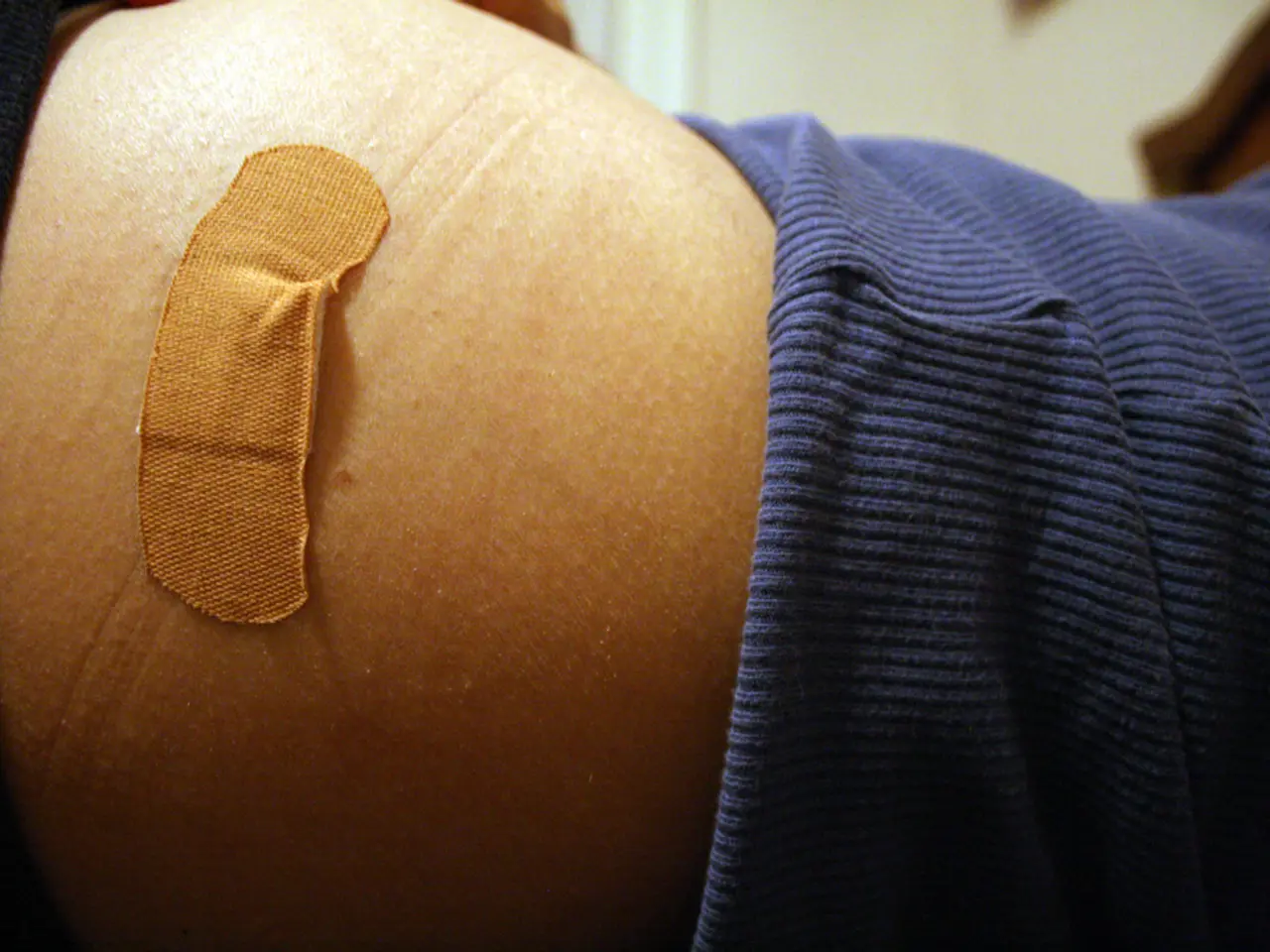Minimal Surgical Intervention for Afib Could Potentially Decrease Dementia Threat
In a recent study, researchers have examined the potential connection between atrial fibrillation (AFib) and the risk of developing dementia. The study, which is yet to be peer-reviewed, looked at data from 887 older adults with AFib, around 22% of whom received catheter ablation – a procedure used to treat the condition. The research takes into account other factors that can contribute to the risk of dementia, such as heart disease, kidney disease, and sleep apnea. However, it is important to note that the study does not provide data on the risk of dementia for people who had AFib after catheter ablation, nor does it report the success rate of the procedure. Dr. Keith Vossel, a neurologist, cautions that the results should be viewed with caution, as the study has not yet undergone peer review. He adds that there is a possibility of selection bias in the study, as people who undergo catheter ablation may differ from those who don't. The study's findings are consistent with previous research. A 2011 study published in the Journal of Cardiovascular Physiology and a more recent study published last year in the American Heart Journal have both suggested a link between AFib and dementia. One possible explanation for this link is that AFib increases the risk of stroke, which can lead to cognitive impairment. However, some research suggests that AFib may also increase the risk of dementia by causing smaller blood clots or changes in blood flow that affect the brain, even in the absence of stroke. Dr. Shephal Doshi, a researcher involved in the study, discusses the potential use of pulsed field ablation technology, which is faster and has fewer complications, and is available in Europe this year. He also points out that the study did not measure blood flow to the brain. A larger study published this year in the Journal of the American Heart Association found that people with recently diagnosed AFib have a modestly higher risk of developing dementia than people without the condition. However, the impact of the new study on clinical practice has not been assessed, as it has not been published yet. In the new study, people who underwent catheter ablation were 36% less likely to develop cognitive impairment during the two-year study period compared to those treated only with medication. This preliminary finding is promising, but further research is needed to confirm these results and understand the long-term effects of catheter ablation on the risk of dementia. The possible link between AFib and dementia has been known for some time, but the strength of the association is still being determined. As research continues, it is essential to monitor the findings closely to better understand the risks and potential benefits of treating AFib, particularly in relation to the risk of dementia.






